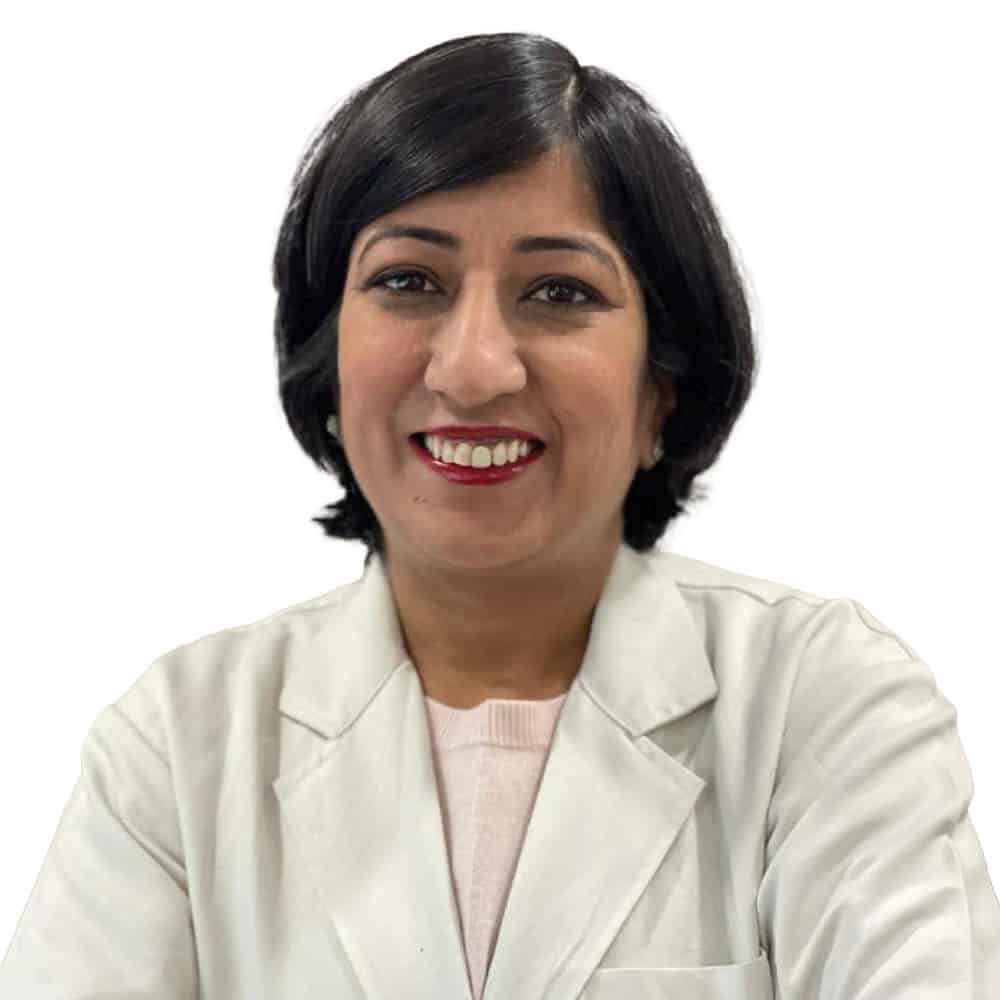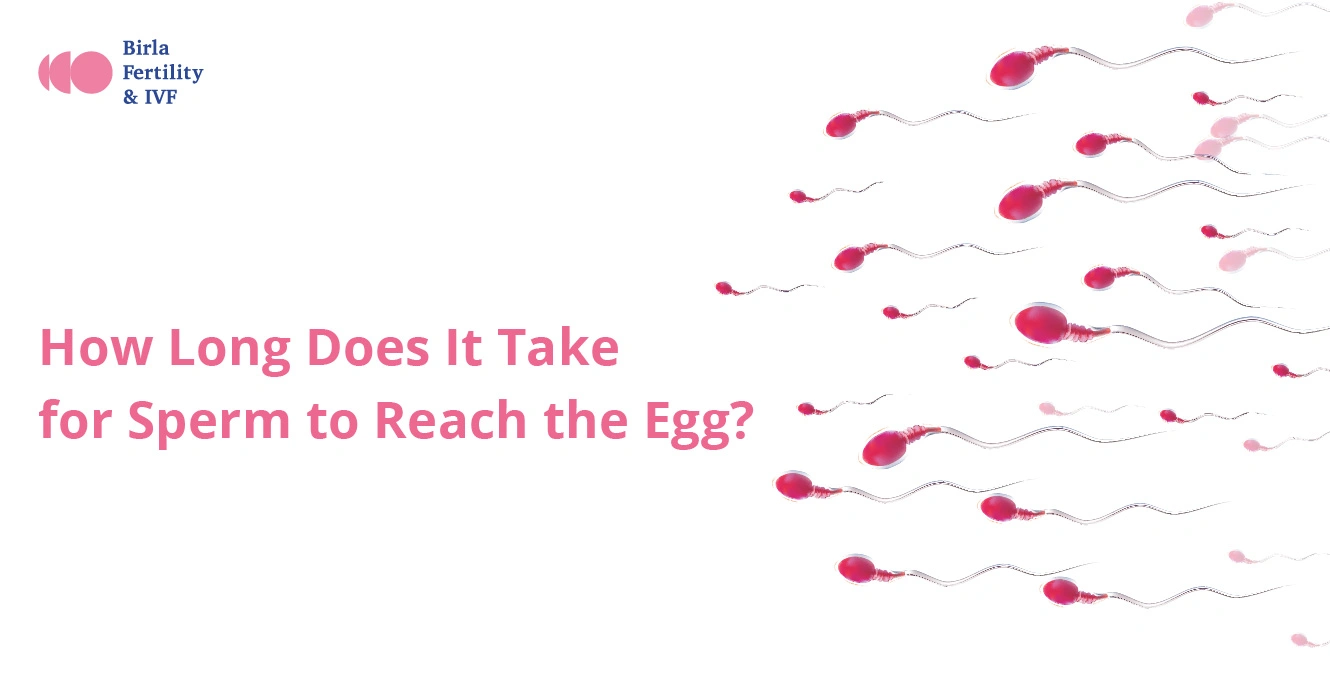
Genetic Disorder: Types, Symptoms, Treatment

Table of Contents
Health issues known as genetic disorders are brought on by anomalies in a person’s genetic makeup. Genetic abnormalities come in a variety of forms. A person may occasionally develop a disease or illness as a result of a genetic alteration in a single gene. In some situations, a person has more or fewer copies of the gene than most individuals, which results in an illness or condition, even if the gene itself is not altered. When a person has fewer chromosomes than the average person or has a portion of a chromosome that is missing, extra, or positioned incorrectly, certain diseases or ailments might develop.
The majority of genetic illnesses are caused by a confluence of numerous genetic alterations that interact with an individual’s environment and actions. These are referred to as complex circumstances at times. They can also be hereditary diseases as well, and some conditions from the hereditary diseases list include Leber’s hereditary optic neuropathy. Let’s know about these genetic disorders in detail!
What are Common Genetic Disorders?
The genetic disorder’s list includes congenital, metabolic, and chromosomal abnormalities:
- Congenital disorders: They are present at birth and often affect multiple body parts. Some of these conditions are mild, while others are life-threatening. Examples include Down syndrome, spina bifida, and cleft palate.
- Metabolic disorders: These genetic abnormalities occur when the body cannot properly break down food into energy or nutrients. Examples include phenylketonuria (PKU), cystic fibrosis and galactosemia.
- Chromosomal abnormalities: These happen when there is an extra or missing chromosome in a person’s cells, resulting in developmental delays or physical differences. An example would be Down syndrome, which has an extra 21st chromosome that causes intellectual disability and physical delays.
The chance of passing on a genetic disease depends on the type of disorder, how many copies of the abnormal gene you have and if the other parent is affected.
Are There Other Types of Genetic Disorders?
Yes, there are other genetic disorder types as well. The genetic disorder’s list can be further classified into four main types:
- Single-gene disorders: This type of abnormality is caused by the mutation in one specific gene. For example, sickle cell anemia or Huntington’s disease. Both of these fall under the category of single-gene disorder.
- Chromosomal disorders– Next on our list is the disorder that is caused when whole chromosomes or large sections are missing, duplicated, or rearranged. Some of the most common examples are Down syndrome, Turner syndrome, and Klinefelter syndrome.
- Complex disorders– These abnormalities result from a combination of multiple gene mutations and environmental factors such as heart disease, cancers (most types), and diabetes.
- Mitochondrial disorders– These genetic disorders are caused by a mutation in the non-nuclear DNA of mitochondria. This affects the energy production in cells. Most common examples are MELAS syndrome and Leber’s hereditary optic neuropathy.
Each classification of genetic disorders varies in severity, inheritance pattern, and the impact it has on health, but advances in genetic testing within IVF are now helping identify and prevent many of these from being passed on to the next generation.
What are the Causes of Genetic Disorders?
As already mentioned above, any genetic disorder occurs when there is a change in a person’s DNA. These abnormalities disrupt normal growth in terms of bone development or body functions. Mostly, these disorders are inherited from parents; however, there are cases that occur for the first time in an individual.
Gene mutations
- Permanent changes in the DNA sequence of a single gene. Even a slight change can affect how proteins are made and how the body functions.
- For example: Sickle cell anemia, Cystic fibrosis, Huntington’s disease.
Chromosomal abnormalities
- These can lead to physical abnormalities, intellectual disability, or developmental delays and are caused by missing, excess, or altered chromosomes.
- For example: Down syndrome (extra chromosome 21), Turner syndrome (missing X chromosome), Klinefelter syndrome (extra X in males).
Multifactorial causes
- It results from a mix of genetic changes and lifestyle triggers, such as an unbalanced diet, exposure to toxins, infections, or stress.
- For example, certain types of cancer, diabetes, and heart disease.
Mitochondrial mutations
- These mutations happen outside the cell’s nucleus (mitochondrial DNA), which may affect energy production in vital organs like the eye, brain, or muscles.
- For example: MELAS syndrome and Leber’s hereditary optic neuropathy.
Spontaneous mutations
- It can happen to an individual without any family history.
- One reason for it to happen is due to random errors during cell division or DNA repair.
What are the Symptoms of Genetic Disorders?
Depending on the kind, intensity, and body system impacted, genetic illnesses can present with a wide range of symptoms. While some symptoms appear later in life, others are evident from birth. Typical signs and symptoms include:
Developmental delays
Individuals suffering from genetic disorders show symptoms of slower growth, learning difficulties, or intellectual disabilities. It can be seen in conditions like Down syndrome or Fragile X syndrome.
Physical abnormalities
You can see physical changes like cleft palate, extra fingers or toes, distinct facial features, or short stature. Some of the common examples are Anhondroplasia, Tuner syndrome.
Metabolic issues
An individual will face issues like fatigue, poor weight gain, organ damage, and difficulty breaking down food into energy. You can see them in people suffering from PKU (Phenylketonuria), Cystic fibrosis, or Galactosemia.
Neurological problems
Problems like poor muscle coordination, seizures, developmental regression, or movement disorders can be seen. Like Rett syndrome, Huntington’s disease.
Immune system deficiencies
You’ll see an increase in susceptibility to infections, and your immune system will become weak, which will mean slower recovery. For example: SCID (Severe Combined Immunodeficiency)
How are Genetic Disorders Identified?
There is a combination of clinical assessment, medical history of family, and specialised genetic testing that is used to identify genetic disorders. These help in order to search for early symptoms, recurring problems throughout generations, and inheritance patterns. The background details of the family’s medical history aid in determining which tests could be most beneficial.
Physical Tests
The examinations that are done physically are usually the first step. Specialists look for visible signs such as distinct facial features, abnormal growth, development delays, or organ malfunctions. These symptoms indicate an underlying genetic condition. In some cases, there can be a need for imaging techniques like MRI, echocardiography, or ultrasound. They help detect structural abnormalities in the body.
Biochemical Tests
This is another important tool that involves analysing blood, urine, or any other tissues. These help identify unusual levels of proteins, enzymes, or metabolites. Disorders such as PKU or galactosemia are metabolic in nature, which means that they can be detected through newborn screening programs. The most definitive way to identify a genetic disorder is through genetic testing. This includes techniques such as:
- Molecular testing, which searches for certain gene mutations.
- Chromosomal testing that detects additional, altered, or missing chromosomes includes karyotyping and microarray analysis.
- Testing for mitochondrial DNA. This focuses on mutations that impact energy generation but are not located inside the nucleus.
Preimplantation genetic testing (PGT) during IVF and carrier testing can help couples who are considering starting a family determine if they run the risk of passing on a condition to their offspring. Similar to this, prenatal procedures such as amniocentesis and chorionic villus sampling (CVS) can identify certain genetic disorders prior to delivery.
Next-generation sequencing (NGS) has made it feasible to screen for several illnesses simultaneously in recent years, providing quicker and more precise results. This is especially helpful when diagnosing rare or complex illnesses with ambiguous symptoms.
All things considered, diagnosing genetic abnormalities is a multi-step procedure that blends cutting-edge technology with clinical knowledge. In addition to aiding in efficient condition management, early diagnosis gives families important information to help them make decisions regarding future care and treatment.
What are Some Genetic Birth Defects?
Genetic birth defects result from changes in a gene’s DNA sequence. These changes can be inherited or occur spontaneously during egg or sperm development. Some genetic changes are inherited from a person’s parents, while others develop spontaneously during the formation of sperm or egg cells (referred to as germline mutations). Some common genetic congenital disorders are given below:
Down syndrome
This condition happens due to the presence of an extra chromosome 21. It may lead to intellectual disability and physical abnormalities such as low muscle tone, short stature and flattened facial features.
Fragile X syndrome
This disorder affects 1 in 4,000 boys and 1 in 8,000 girls. It causes intellectual disability and behavioural problems, as well as learning disabilities, speech delays and autism spectrum disorder (ASD) features. ASD is a set of developmental disabilities that can cause social, communication and behavioural challenges.
Tay-Sachs disease (TSD)
TSD is a rare genetic condition that causes progressive damage to nerve cells in the brain and spinal cord. The damage leads to loss of movement control, blindness and mental deterioration before death when people with TSD reach early adulthood.
Duchenne muscular dystrophy (DMD)
This condition causes progressive muscle weakness and loss of muscle tissue due to an inability to produce dystrophin protein. DMD usually affects boys, and girls rarely have this disorder due to the location of the gene producing the protein causing the disorder.
What is Treatment for Genetic Disorders like?
Symptom management
The first step that is taken during the treatment for genetic disorders is symptom management. Even if the doctors are not able to remove the underlying cause of that genetic abnormality, managing the symptoms helps lessen discomfort. Like, individuals with cystic fibrosis might utilise antibiotics to avoid lung infection or go for routine chest physical therapy.
Medications & enzyme replacement therapy
The next step is to make sure that the missing proteins or enzymes are replaced with the help of medication. This is also known as ERT (Enzyme Replacement Therapy). For example, ERT helps restore the body’s capacity to metabolise certain substances and is used to treat rare genetic disorders, such as Gaucher’s disease. Medication can also be used to treat side effects, like, hydroxyurea and blood transfusions can be used in the treatment of sickle cell anemia.
Gene therapy and genetic medication
Gene therapy, which directly treats the genetic source of disease, is one of the most promising contemporary innovations. This method entails adding, changing, or swapping out unhealthy genes for beneficial ones. For instance, gene therapy has shown impressive outcomes in experimental treatment for illnesses such as spinal muscular atrophy (SMA) and some forms of congenital blindness. Despite being relatively new and costly, gene therapy has promise for the treatment of certain diseases that are currently incurable.
Furthermore, research is being done to fix genetic flaws more accurately using cutting-edge methods like CRISPR gene editing and RNA-based therapeutics. These treatments have the potential to be more individualised and durable.
Dietary and lifestyle modifications
Dietary and lifestyle modifications can help regulate certain hereditary illnesses. For instance, in order to prevent brain damage, people with phenylketonuria (PKU) must adhere to a rigorous low-protein diet that excludes items that contain phenylalanine. In a similar vein, patients with specific metabolic diseases might have to take dietary supplements, avoid particular foods, or adhere to strict dietary guidelines. Many patients’ quality of life is also enhanced by lifestyle changes like consistent exercise, preventive care, and frequent monitoring.
Prenatal and reproductive options
Modern reproductive medicine offers strategies to lower the likelihood of genetic abnormalities being passed on to families having a history of them. In conjunction with IVF, preimplantation genetic testing (PGT) checks embryos for genetic defects prior to implantation. Additionally, certain problems can be identified early in pregnancy by prenatal testing like chorionic villus sampling and amniocentesis, enabling parents to make educated decisions.
Counselling and long-term care
Emotional and social well-being are often impacted by genetic abnormalities in addition to physical health. In order to help families understand the condition, its risks, and their alternatives, genetic counselling plays a crucial role in treatment. For patients and their families, support groups, counselling, and educational support are also essential for enhancing mental health and coping mechanisms.
Conclusion
Genetic disorders occur due to changes in genes, often before birth. A change in a single gene could cause it, or changes in many different genes could cause it. They can also be caused by changes to a small number of chromosomes.
Today, various genetic testing technologies are available on the market. Many genetic tests are performed at the level of DNA, while others may be conducted at the RNA or protein levels.
To find the appropriate treatment for the symptoms and complications associated with genetic disorders, visit a nearby Birla Fertility and IVF centre.
Our Fertility Specialists
Related Blogs
To know more
Birla Fertility & IVF aims at transforming the future of fertility globally, through outstanding clinical outcomes, research, innovation and compassionate care.
Had an IVF Failure?
Talk to our fertility experts

 Our Centers
Our Centers




















